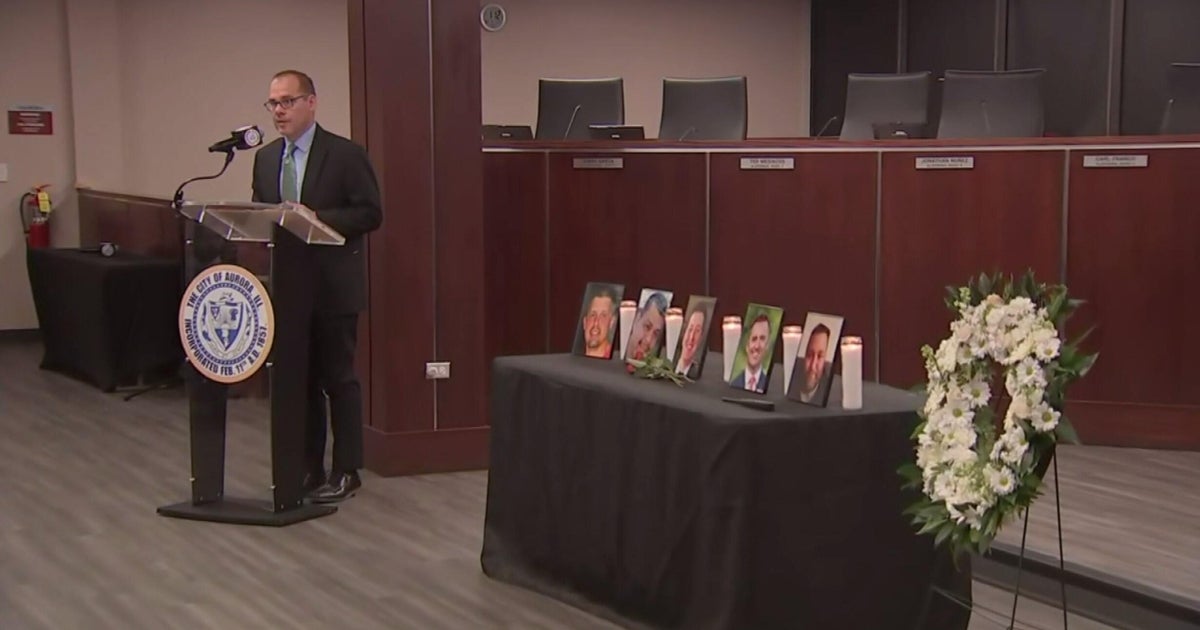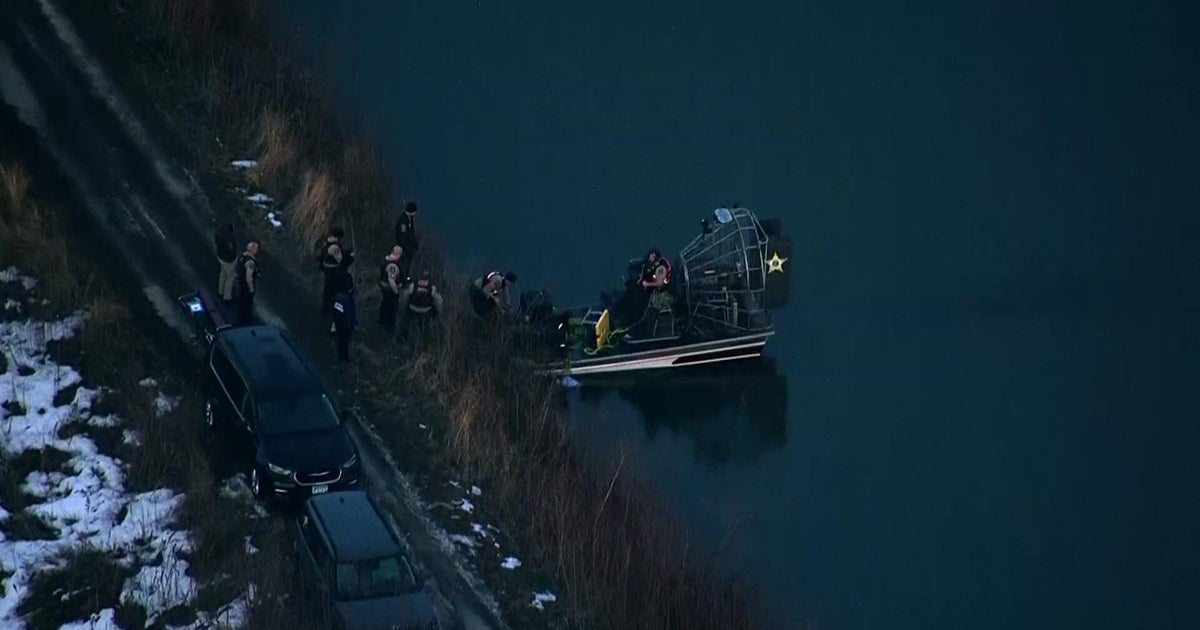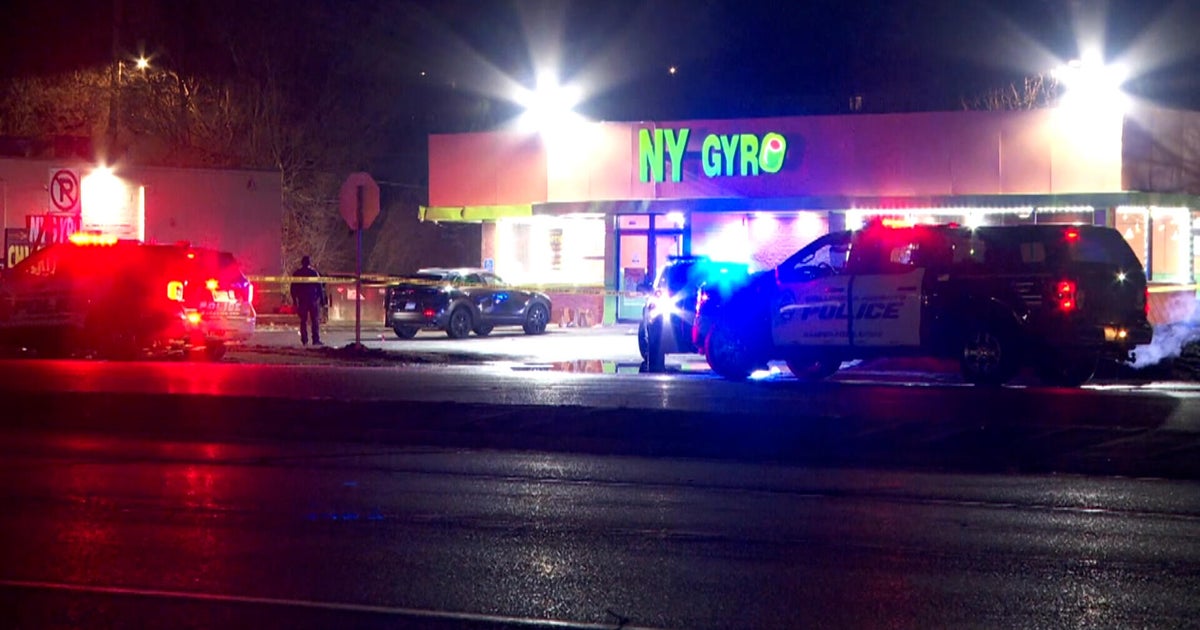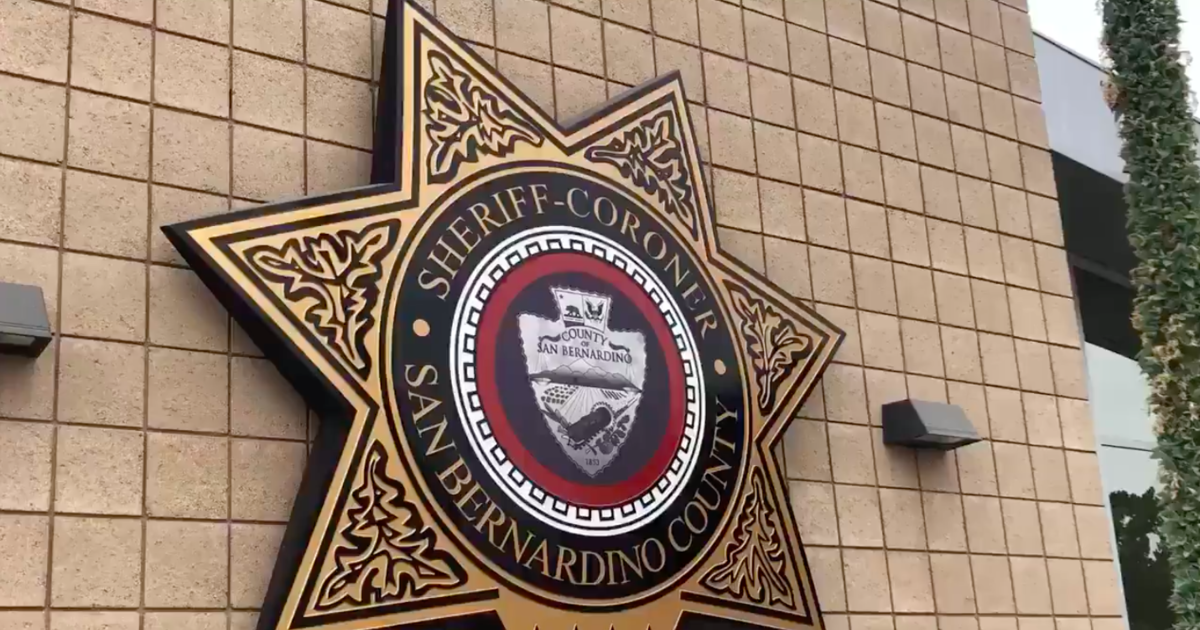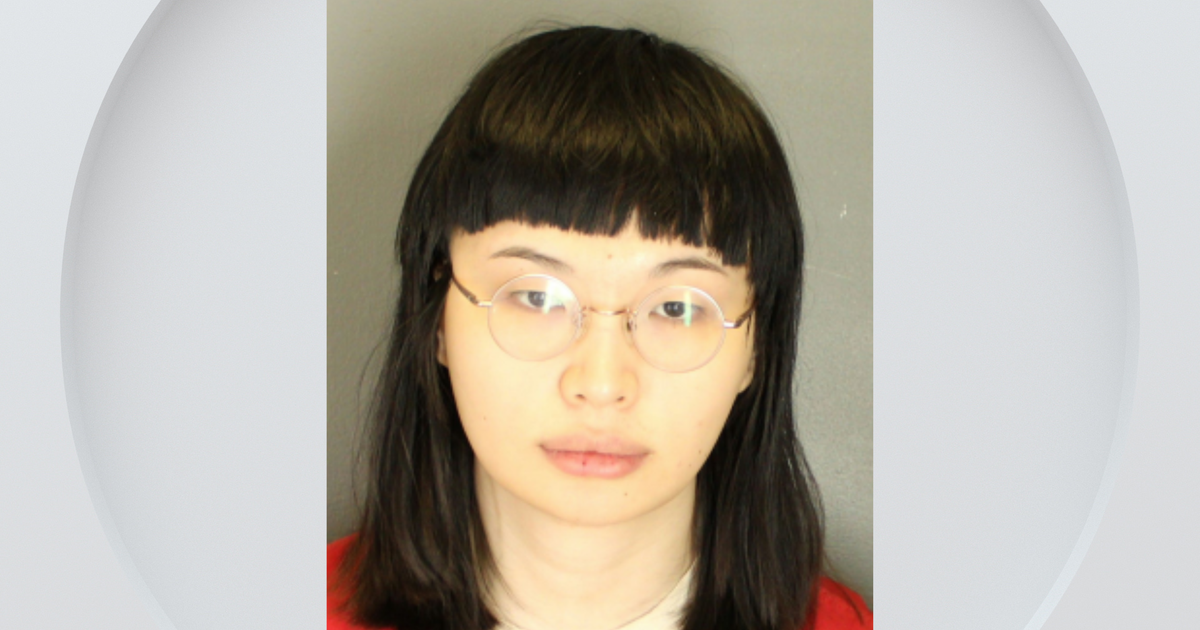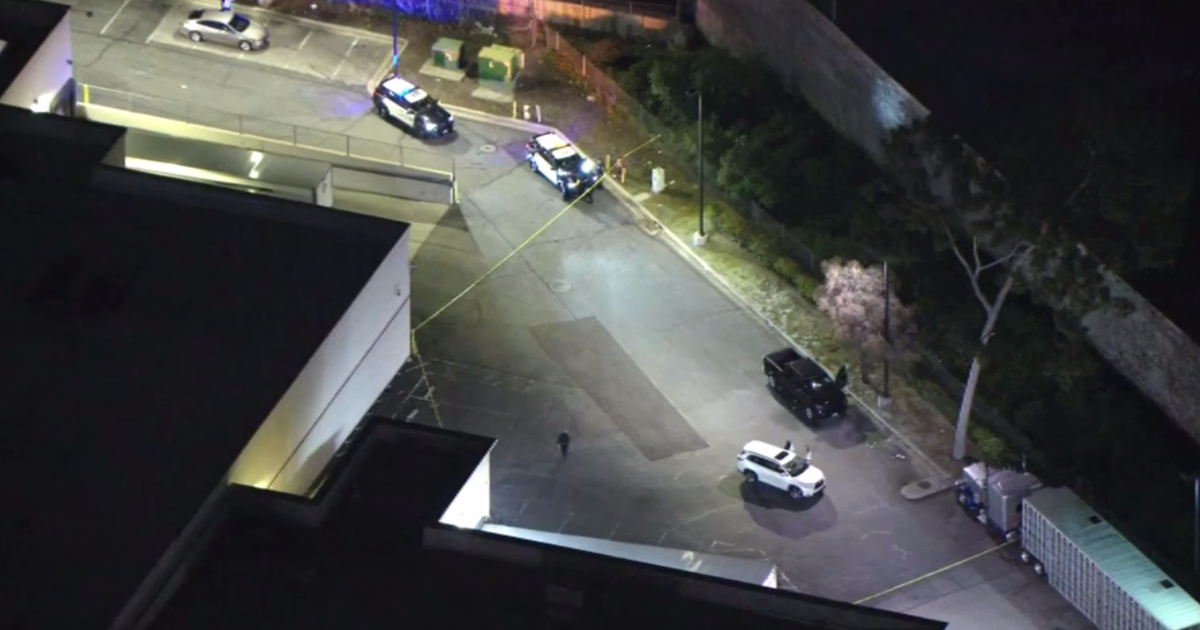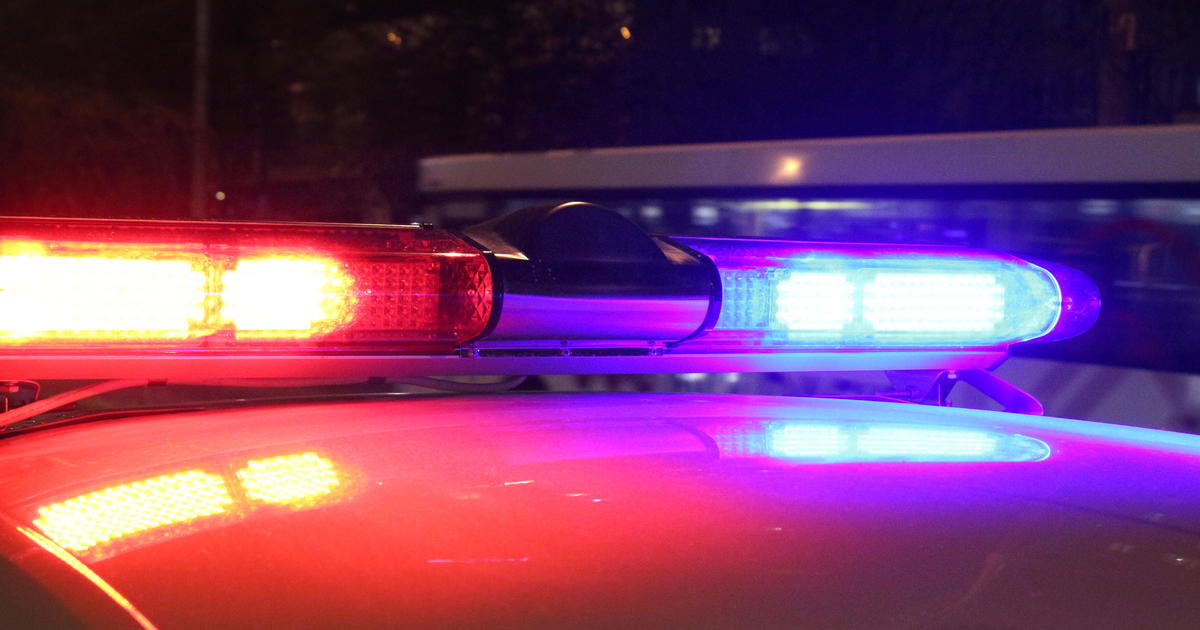Hennepin Deputies Train For Shooting Disasters
BROOKLYN PARK, Minn. (WCCO) - It was a chaotic scene as police and county deputies swarmed onto Accent Signage property in Minneapolis last September 27. There had been a workplace shooting with multiple victims.
What they didn't know at the time is that the shooter, Andrew Engeldinger, had already killed himself along with six employees.
Hennepin County Sheriff Rich Stanek says that these types of tragedies provide them with opportunities for better preparation in the future.
"When you have something like Accent Signage, or Aurora Colorado, we adapt and train. Like what happened, what went well and what didn't go well - so that we're better prepared next time," Stanek said.
At Hennepin Technical College in Brooklyn Park, scenarios played out in a law enforcement training facility will better prepare officers for these grim situations.
With their lights and sirens activated, squads scream into the parking lot. Deputies run to the building, each armed with pistols and rifled loaded with simulated rounds called soap bullets - the police version of paint ball rounds which help to mark the accuracy of their aim.
Inside the simulated auto repair shop is a disgruntled employee with a gun. As the deputies pour into the building with weapons drawn, they work in teams. As the armed suspect is taken down and apprehended, other officers rush to doorways and offices in search of potential armed accomplices.
Sgt. Mike Benson says officers can't assume there's only one shooter.
"Imagine a school or a mall. We have to search everything. Sometimes you will have more than one active shooter," Benson said.
Friday's exercise was run through multiple times, each one carried out with precision. Each deputy knows full well that the next call they answer may involve deadly force with innocent lives in peril.
Lt. Steve Tait says that better training equals better officer reaction.
"The more we can train and prepare officers mentally and physically for what they might expect, the better able they are to react when the real event happens," Tait said.
"As soon as you're thinking it's not going to happen, something pops up," said Benson.
